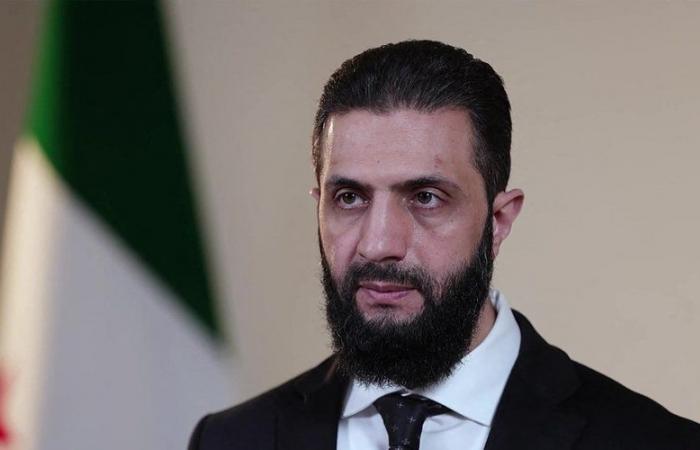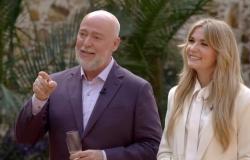
essential
Emmanuel Macron will welcome Syrian President Ahmad al-Chareh on Wednesday in Paris for his first visit to a Western country, despite the doubts that accumulate on the Islamist coalition in power since the fall of Bashar al-Assad in December. The decryption of Fabrice Balanche, geographer and specialist in Syria.
La Dépêche: Emmanuel Macron receives the acting president from Syria at the Elysée, Ahmed al-Chareh at the Elysée Palace. What is the objective of France by welcoming the new strong man of Damascus-passed by Al-Qaeda then Daesh-and thus to offer him his first official visit to Europe?
Fabrice Balanche, geographer and Syria specialist : Very clearly, it is a question of taking the train on the move and in particular that of the reconstruction of Syria. For Emmanuel Macron, it is indeed important to reaffirm the role of France in the Middle East because he wants it to be the obligatory intermediary of European Union investments in Syria. This visit is therefore also to be included as part of the competition in which Berlin and Paris are launched on the subject. Germany reopened its embassy in Damascus before France when the French president wanted to go fast but he was dissuaded by his security services. Today, he therefore wants to resume and ensure political leadership for Europe in the Middle East. The renewal last week of the French group CMA-CGM contract for the exploitation of the containers terminal on the port of Lattaquié with its extension in Tartous, is already highly strategic and France would like other companies to be associated with the reconstruction of the country.
On the far right, Marine Le Pen denounced this welcome from Ahmed al-Chareh as “irresponsibility”. Is it a fault to receive this jihadist chief, now in a tie costume, and wanting to be reassuring on the minorities?
-That Emmanuel Macron receives it, that he wants to see him and to judge “on piece” which he is, by direct contact with man, why not? The raison d’être of diplomacy is to speak to his enemies, as a former Minister of Foreign Affairs said. But there is a risk: that of legitimizing the one that is officially received. However, it is better to receive Ahmed al-Chareh in Paris than to go see him in Damascus, the position of France and the European Union being to think that, despite his past and his present terrorist, he is the only one, currently, may be able to rebuild a certain stability in Syria, fear being a “new Libya” and new waves of refugees. With the massacre of the Alawites, the attacks against the Druzes, the raids in the restaurants of Damascus by minions of power which violate women, it is however difficult to deny that a Islamist climate settles and Europeans do, either pretending not to see it, or to see an additional reason for helping Ahmed al-Chareh…
He also named the 86e Division Hatem Abu Chakra, an supplementary jihadist of Turkey, involved in the traffic of Yezidis women and children and whose abuses against the Kurds are known … France supporting the Kurds, what can Emmanuel Macron say to Ahmed al-Chareh?
Head of a jihadist and mafia group, Hatem Abu Charka is directly involved in the assassination of Havrin Khalaf, an emblematic Kurdish politician, tortured and executed in 2019 in the context of the Turkish attack on the Kurds of Syria. His appointment by Damascus to command the Hassaké region, Raqqa and Deir Ez-Zor, now controlled by the Syrian democratic forces, the YPG, is therefore a disturbing signal. But if France has a sympathy for the Kurds and supported the YPG against Daesh, they unfortunately do not weigh heavily in the new Syrian equation where Turkey, Qatar and Saudi Arabia intend to dictate the tempo, none of these countries not wanting a Kurdish autonomy in the region. However, Emmanuel Macron can possibly place a red line there, while putting pressure on Ahmed al-Chareh so that Syria does not become a sanctuary of the French jihadists and that it renounces to destabilize Lebanon, its project remaining to annex it. And to do this, he can put in the balance of France’s support to the lifting of sanctions against Damascus.







